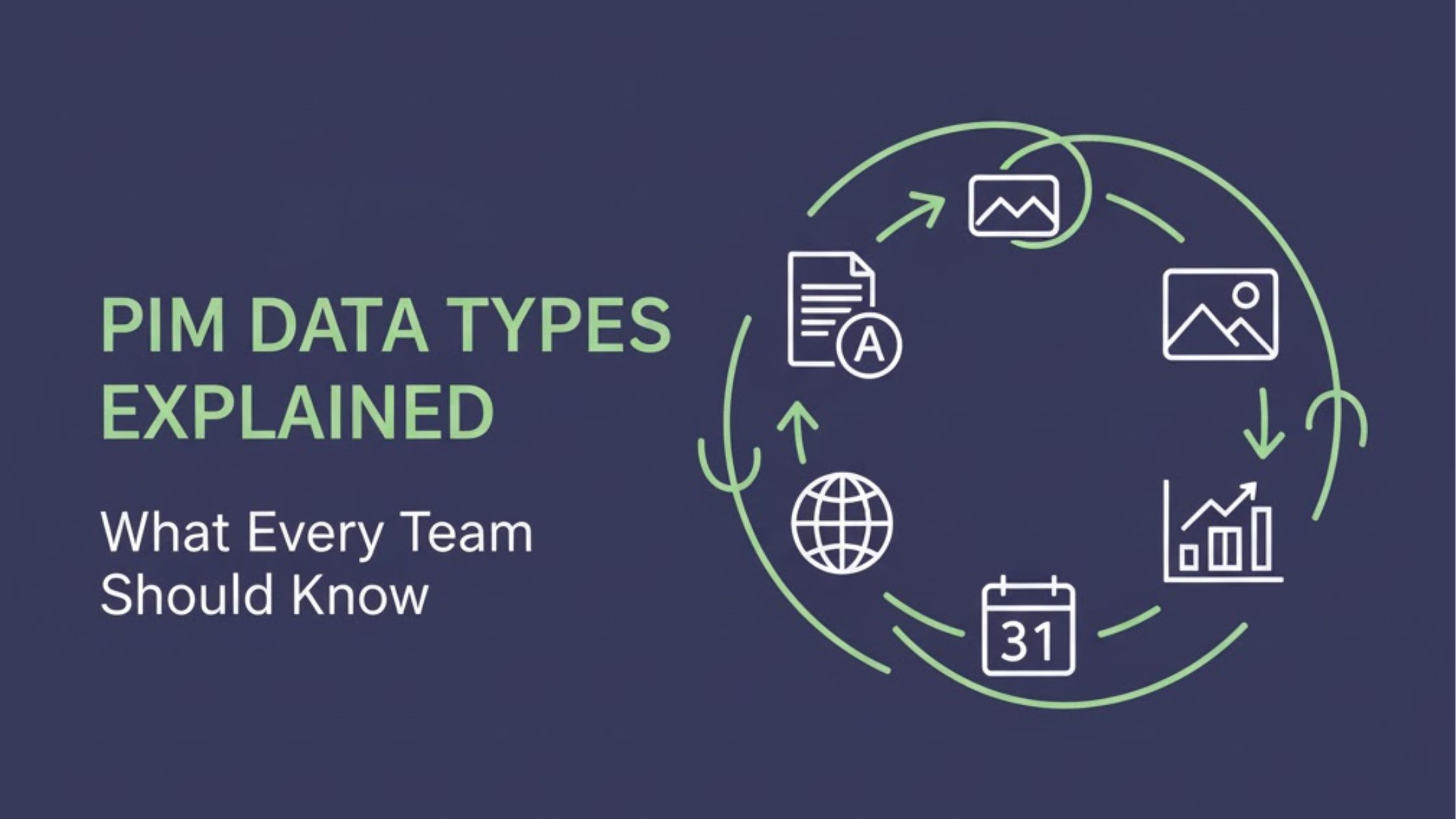PIM systems streamline the processes of of catalog management. They have been build to centralize various product-data in one single place. With Ergonode PIM you can store allmost every product-data for better catalog management.
1. Basic Information: Building the Foundation
In a PIM system, basic information forms the foundation of product data. This includes essential attributes like product names, SKUs (Stock Keeping Units), and product descriptions. These fundamental elements serve as core identifiers for each product and ensure consistency and coherence across all channels. By organizing basic information in a PIM system, businesses establish a strong basis for effective product management and seamless customer experiences.
2. Marketing & Sales Information: Crafting Persuasive Narratives
Effective marketing and sales information are critical in captivating customers and driving conversions. PIM systems allow businesses to store compelling product descriptions, persuasive marketing labels, promotional messages, and engaging sales pitches. Aligning marketing and sales content within the PIM system ensures a unified brand voice and consistent messaging across various marketing channels, optimizing the impact of product campaigns.
3. Images & Videos (Rich Media): Visual Storytelling
Visual content plays a pivotal role in attracting and engaging customers. PIM systems enable businesses to store and manage a wide range of rich media assets, including images, videos, 360-degree views, and product manuals. Having a centralized repository for these assets streamlines content management and ensures that consistent and high-quality visuals are displayed to customers, enhancing product experiences and reinforcing brand identity.
4. Tech Specifications: Empowering Informed Decisions
For certain products, technical specifications are essential to inform customers accurately. In a PIM system, businesses can collect and organize detailed technical data such as dimensions, weight, materials, compatibility, and other product-specific information. This helps customers make informed decisions and reduces the likelihood of returns due to misaligned expectations, thus improving customer satisfaction and brand credibility.
5. Compliance and Regulatory Information: Meeting Industry Standards
In industries with specific compliance and regulatory requirements, PIM systems can store data related to certifications, safety standards, and legal information. Ensuring that products meet industry-specific guidelines is crucial for maintaining customer trust and adhering to legal obligations. The ability to manage compliance and regulatory data within a PIM system facilitates smooth operations and minimizes compliance-related risks.
6. Product Relations: Cross-Selling and Upselling Opportunities
PIM systems allow businesses to establish relationships between products, such as bundles, accessories, or related items. This data facilitates cross-selling and upselling opportunities by recommending complementary products to customers, enhancing the overall shopping experience and increasing average order value.
7. Localization and Globalization Data: Expanding into New Markets
For businesses operating in multiple regions, localization and globalization data are vital to cater to diverse markets. PIM systems enable the management of product information in different languages, currencies, and regional variations, facilitating smooth expansion into international markets and connecting with a global customer base.
8. Logistic Parameters: Streamlining Shipping and Packaging
Efficient logistics are crucial for smooth operations. PIM systems can store logistic parameters, such as shipping information, packaging dimensions, and weight. This data helps businesses optimize their shipping processes, ensuring accurate shipping costs, streamlined packaging, and timely delivery of products to customers.
9. Specific per Channel Parameters: Tailoring for Channel Success
Different sales channels may have unique requirements. PIM systems allow businesses to define specific parameters for each channel, tailoring product information to meet the platform's guidelines and optimize performance on that particular channel. This approach ensures that products are presented in the best possible way on each platform, driving better results and channel-specific success.
In conclusion, a PIM system is a versatile and comprehensive platform that empowers businesses to collect, manage, and enrich a diverse range of product data. From basic information to rich media, technical specifications to compliance details, product relations to localization data, and logistics parameters to channel-specific requirements, the capabilities of a PIM system enable businesses to streamline operations, optimize customer experiences, and expand into new markets. By harnessing the power of a PIM system to its full potential, businesses can gain a competitive edge in the ever-evolving landscape of e-commerce and retail.







